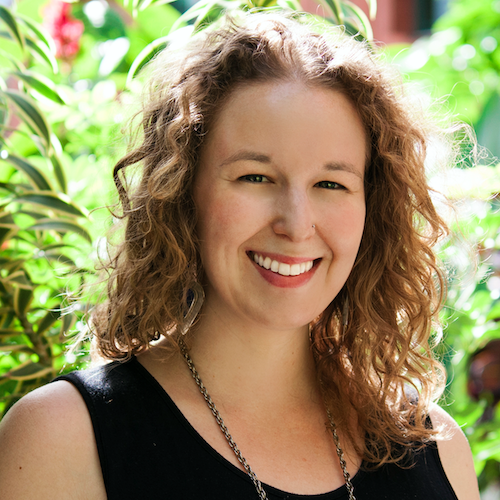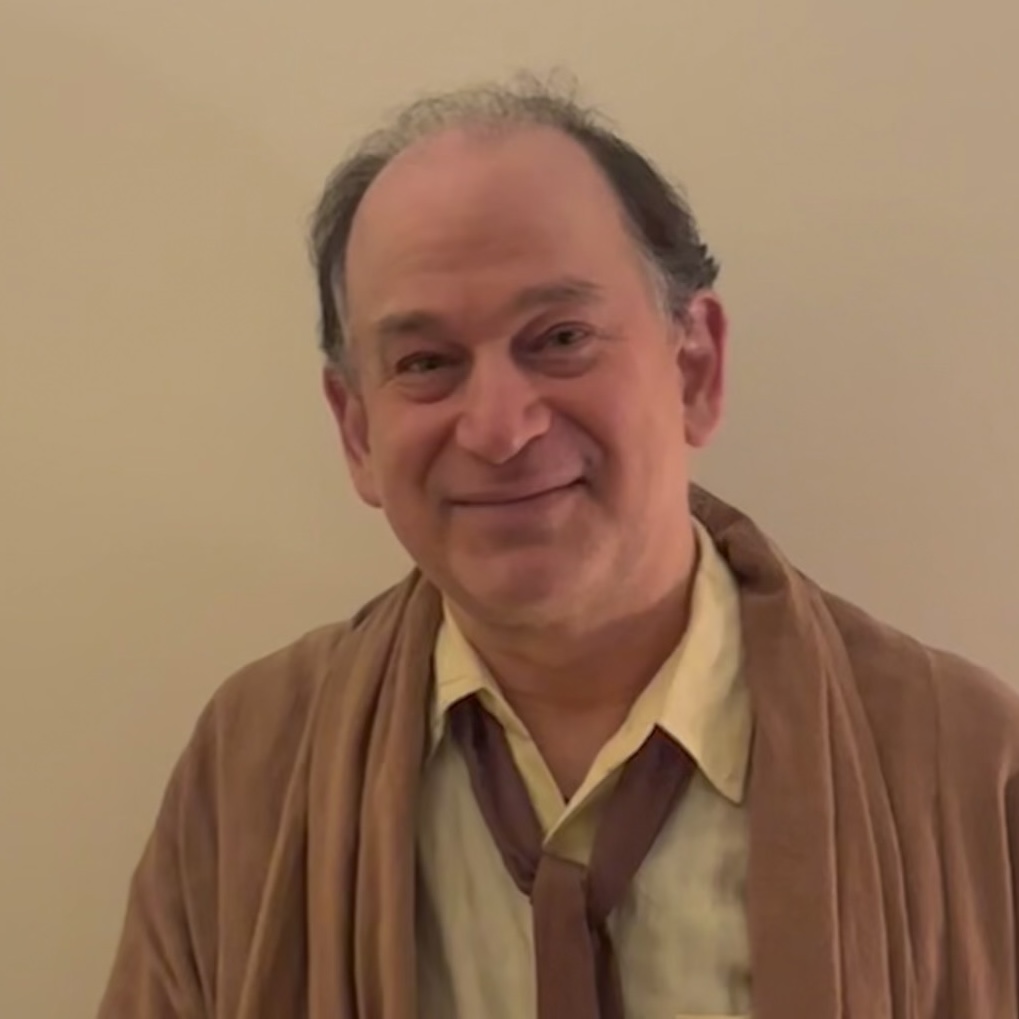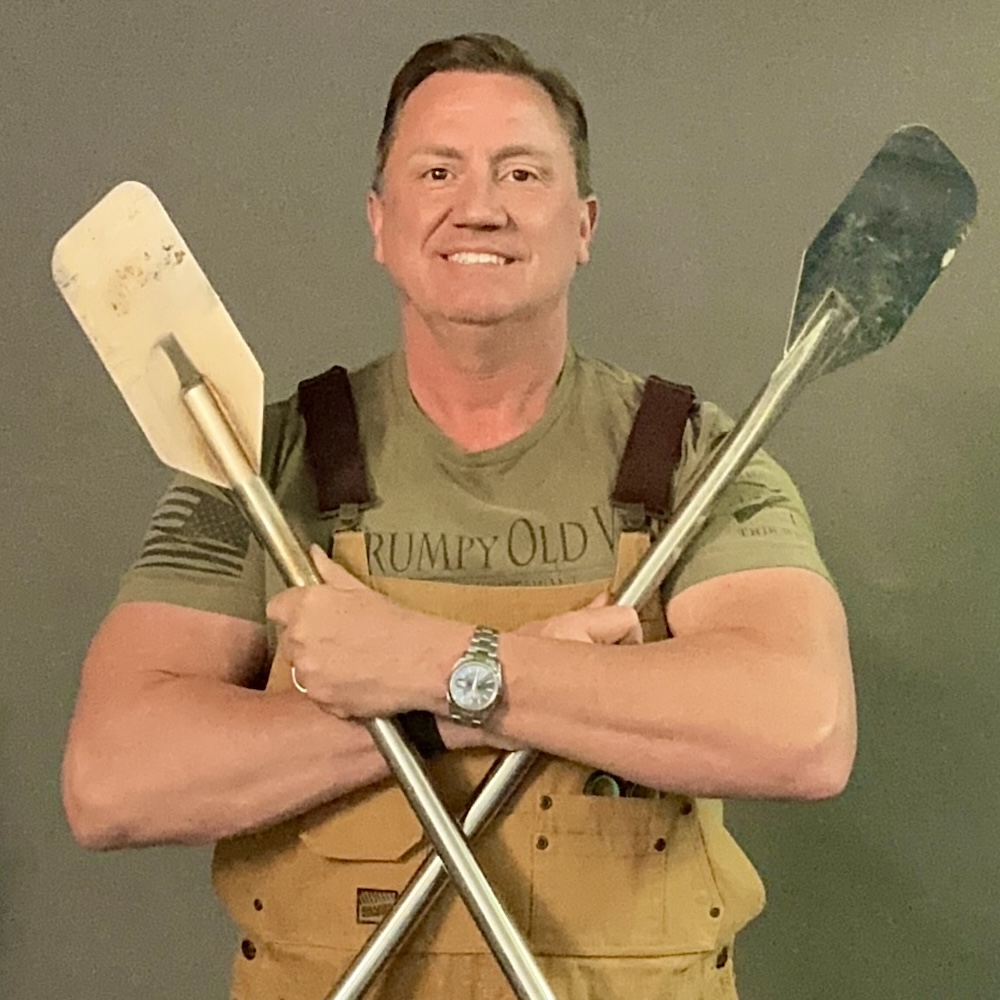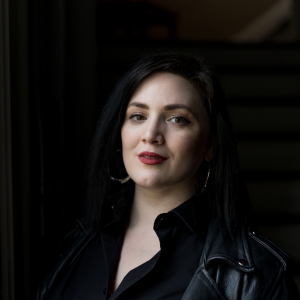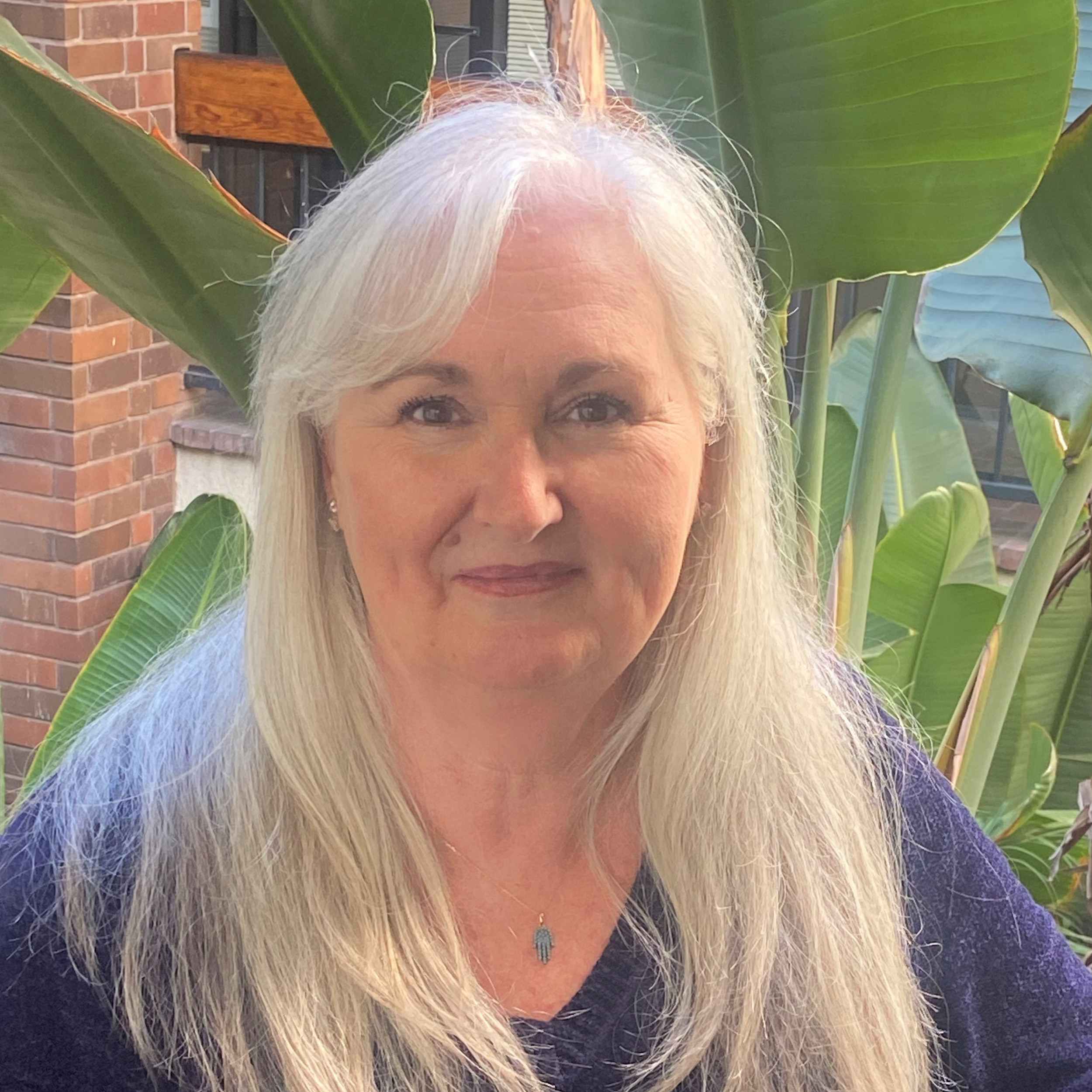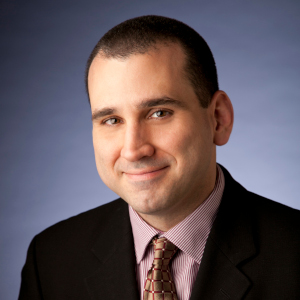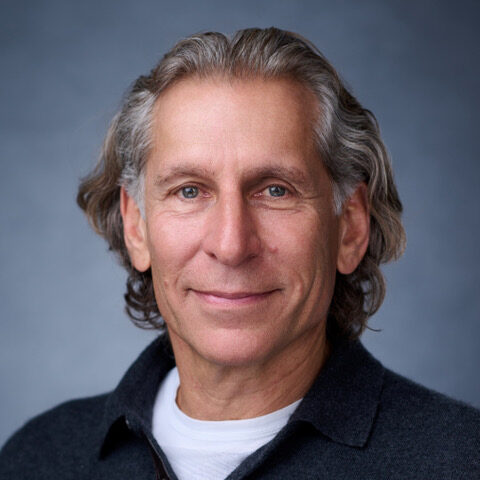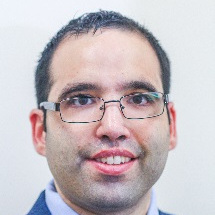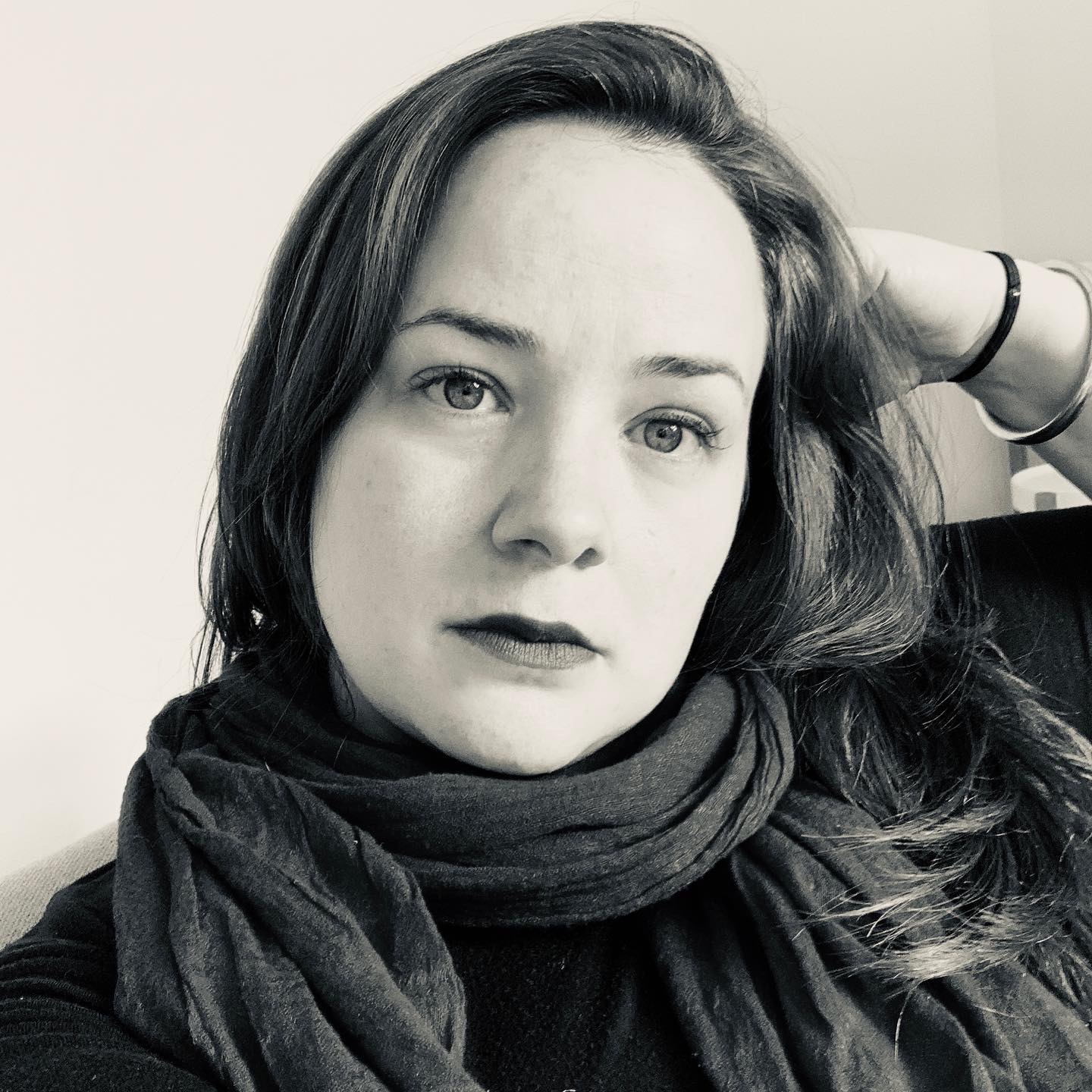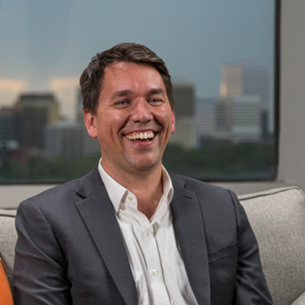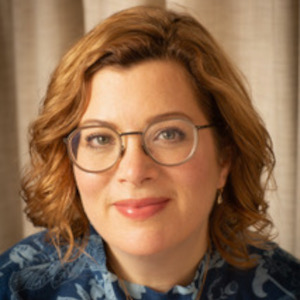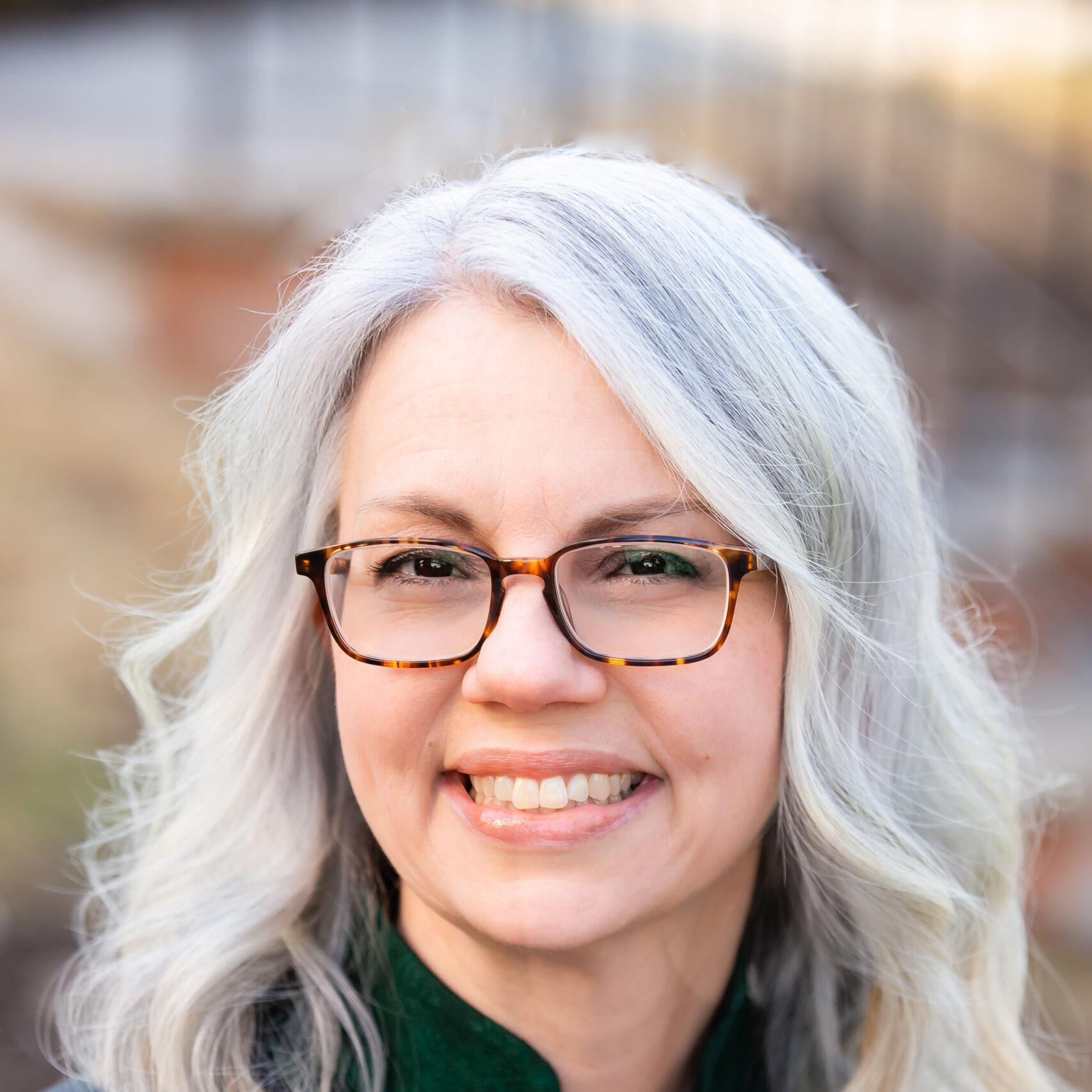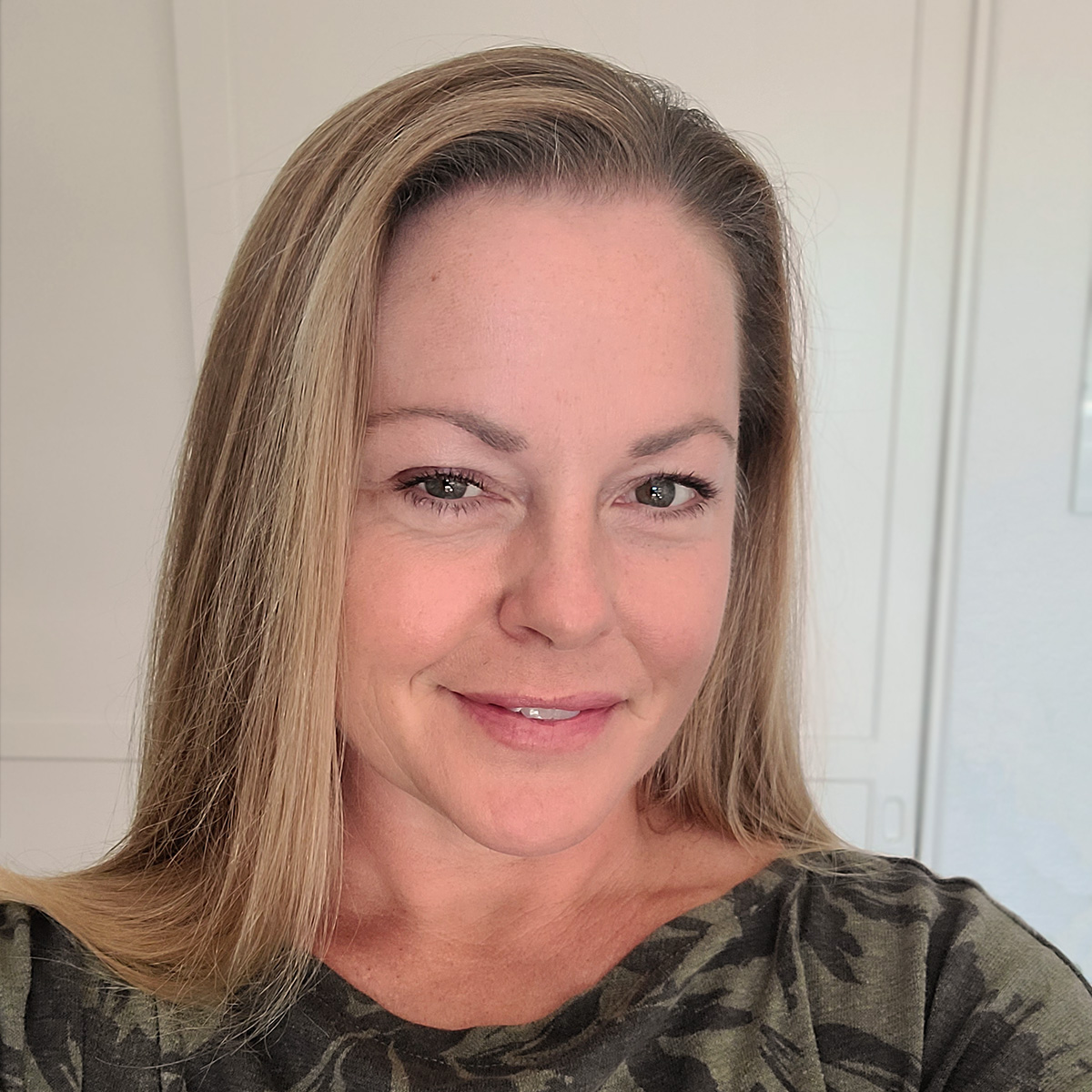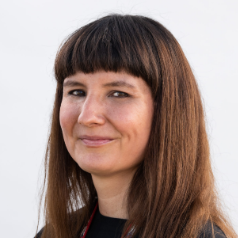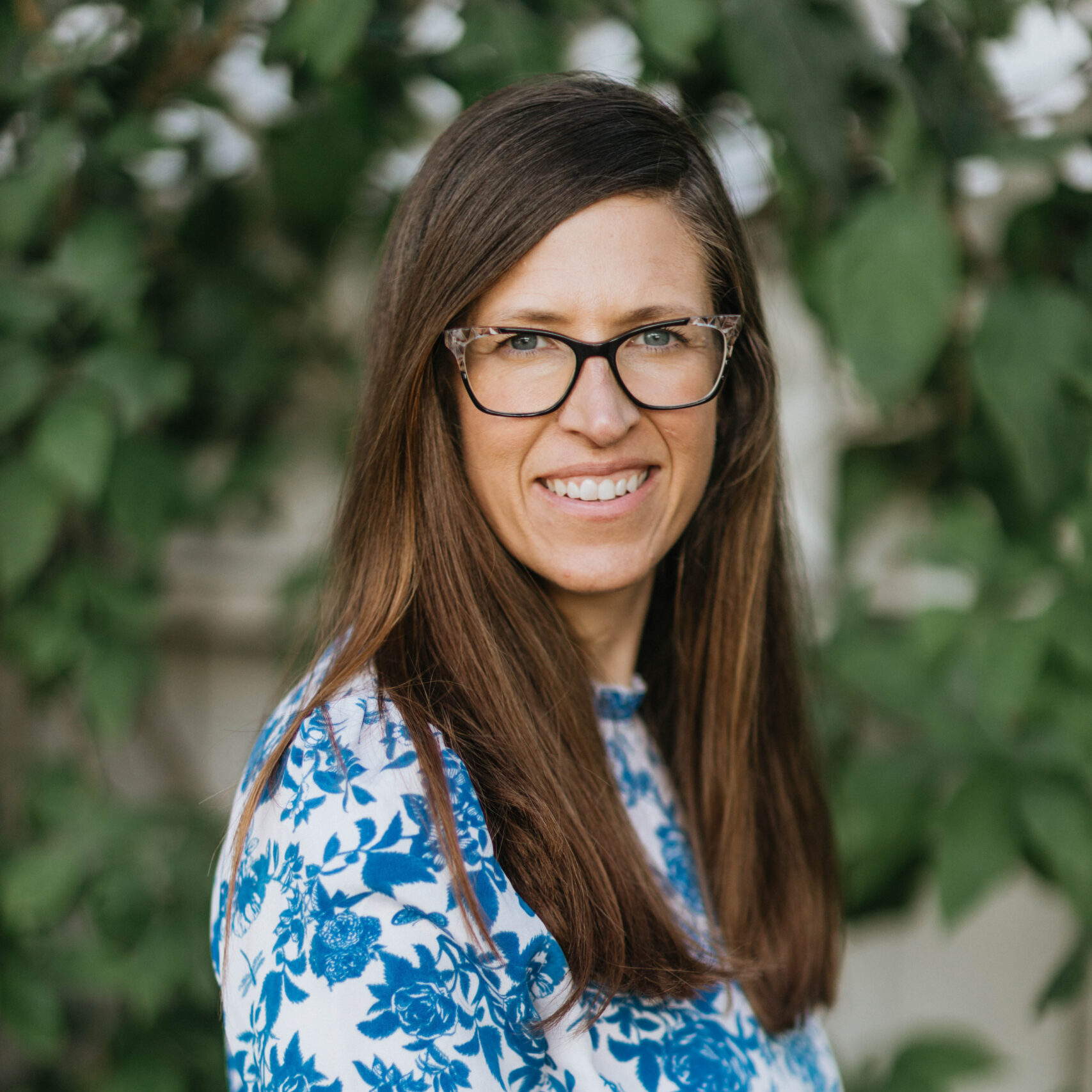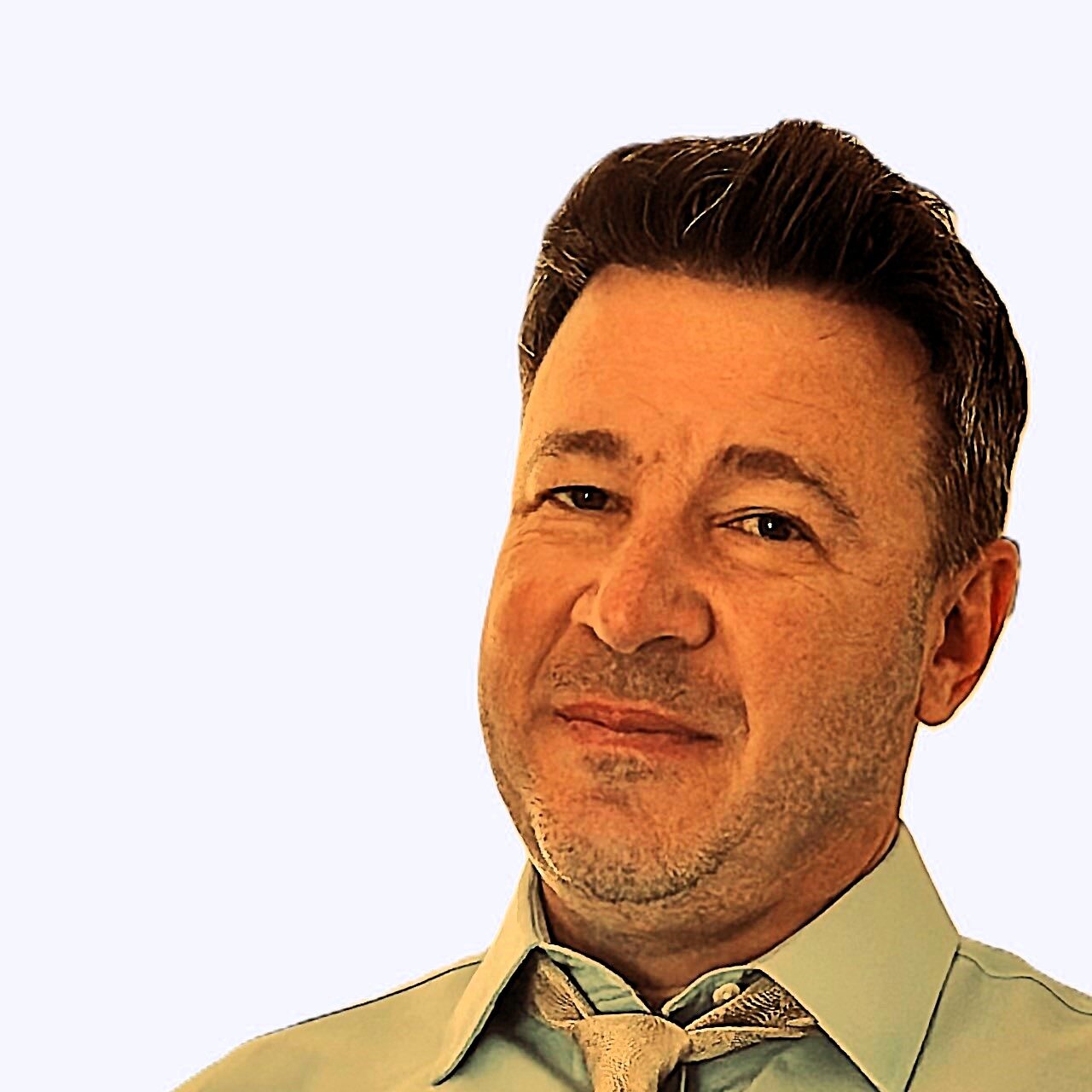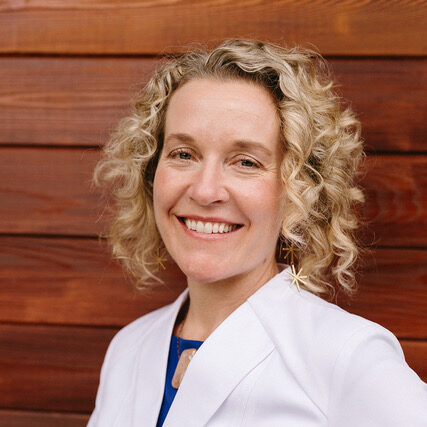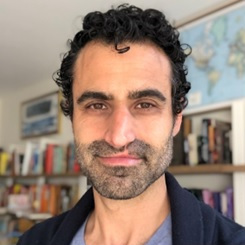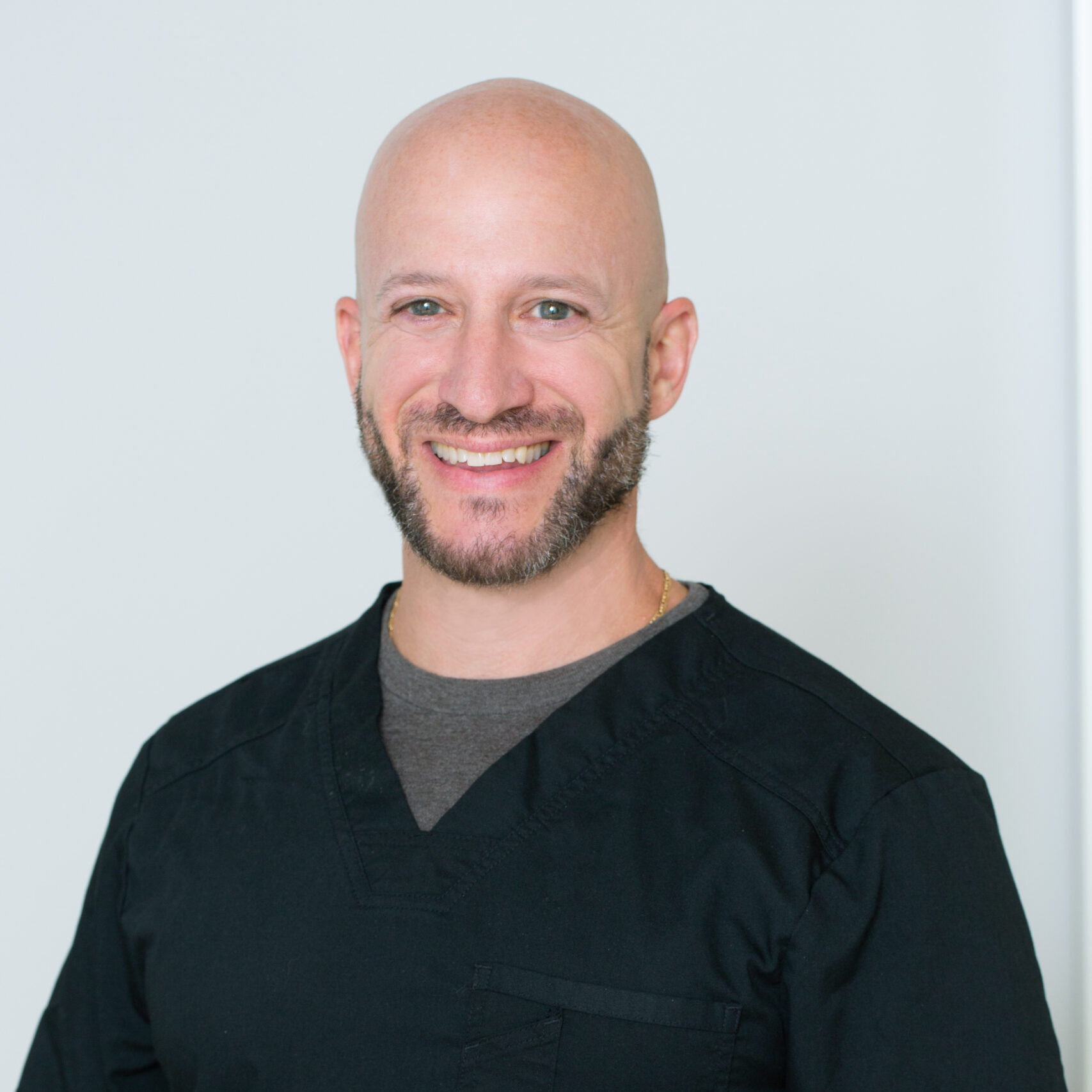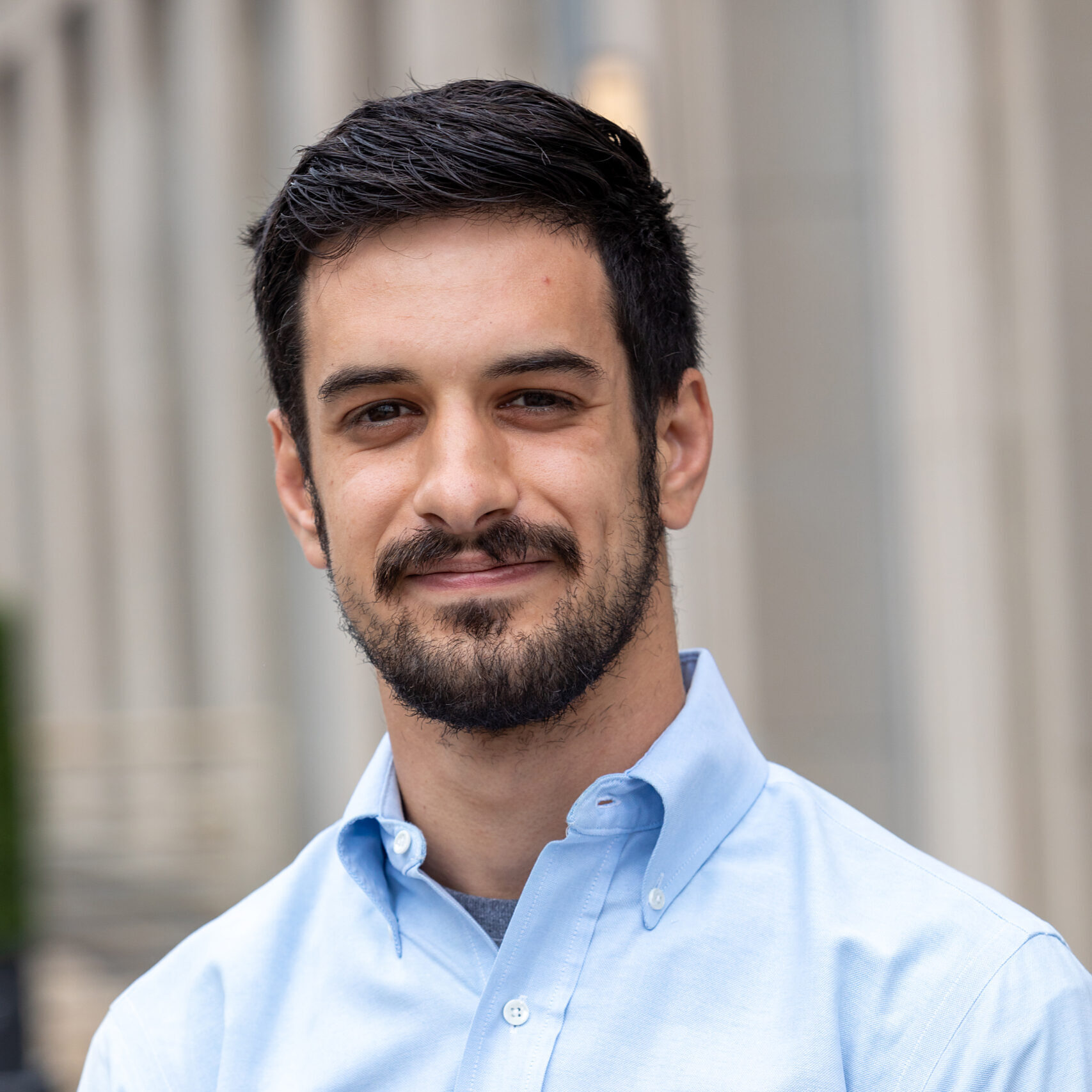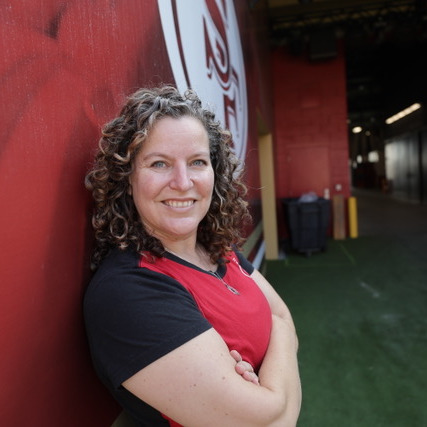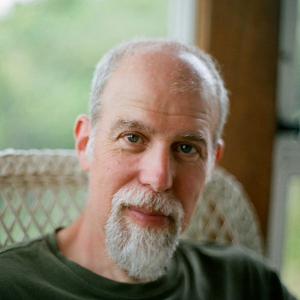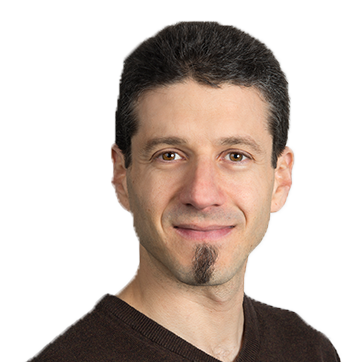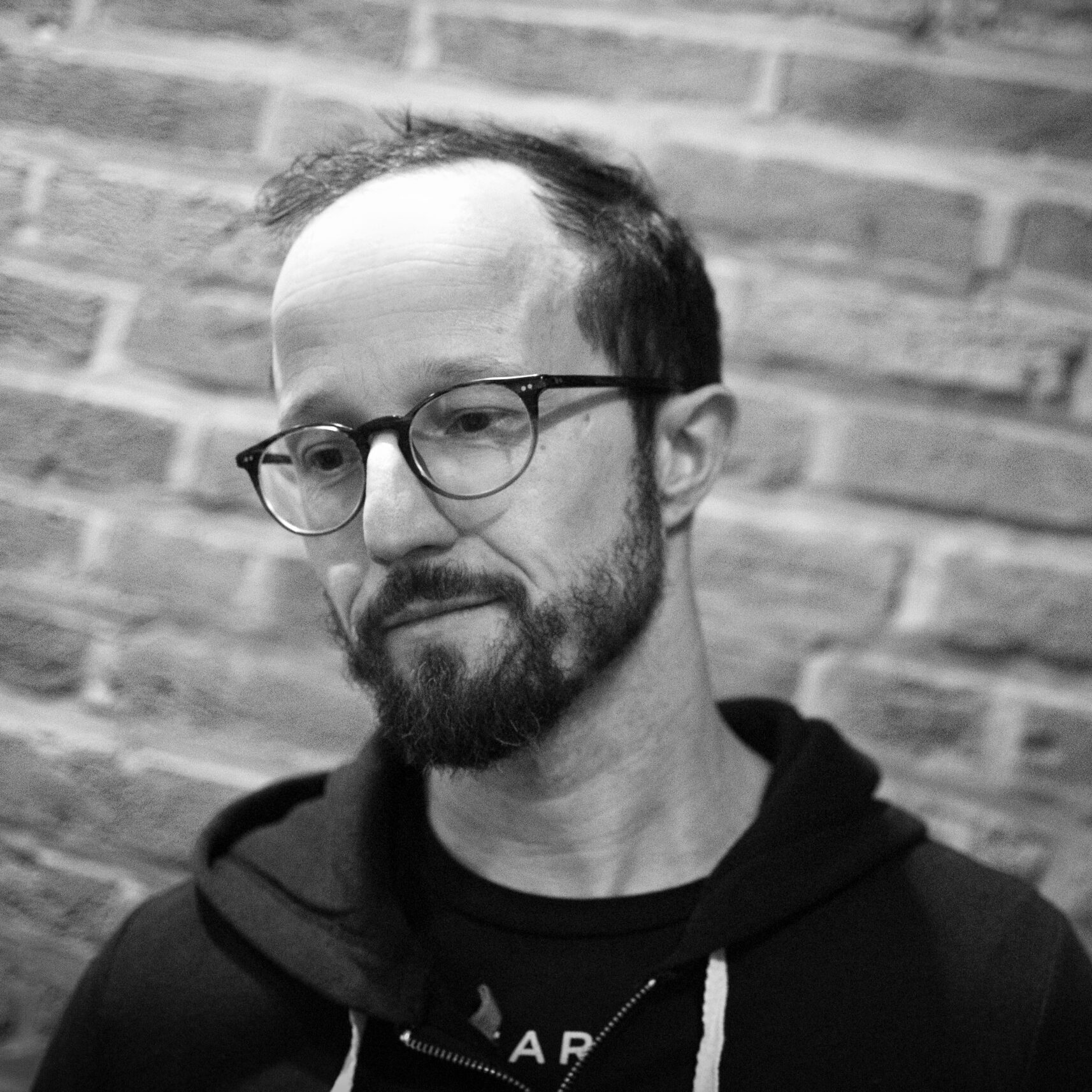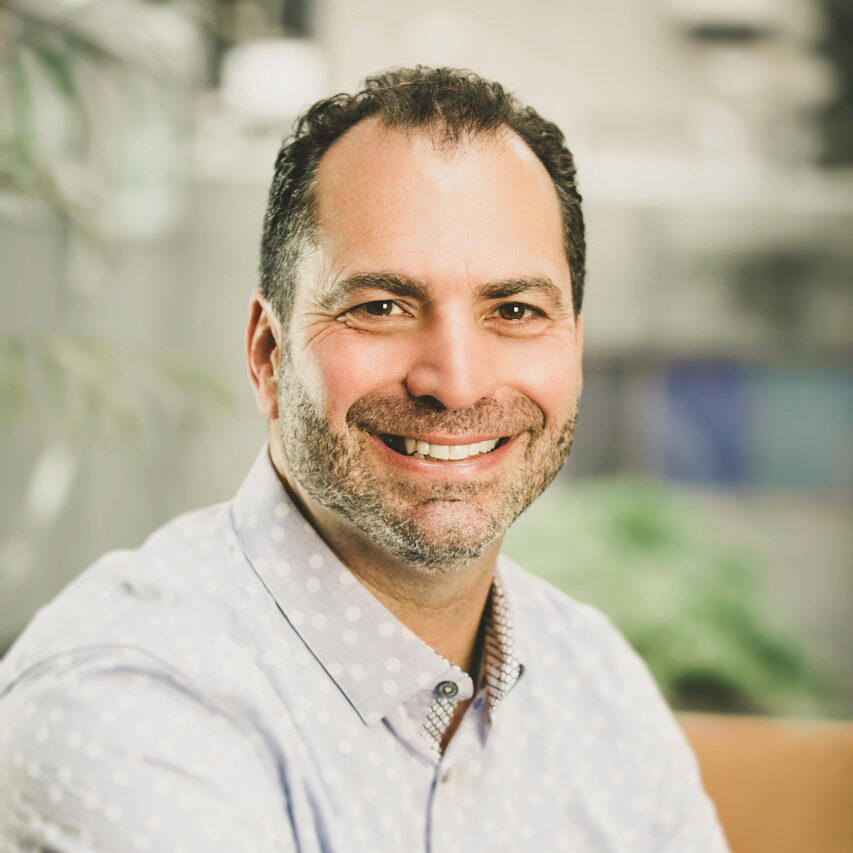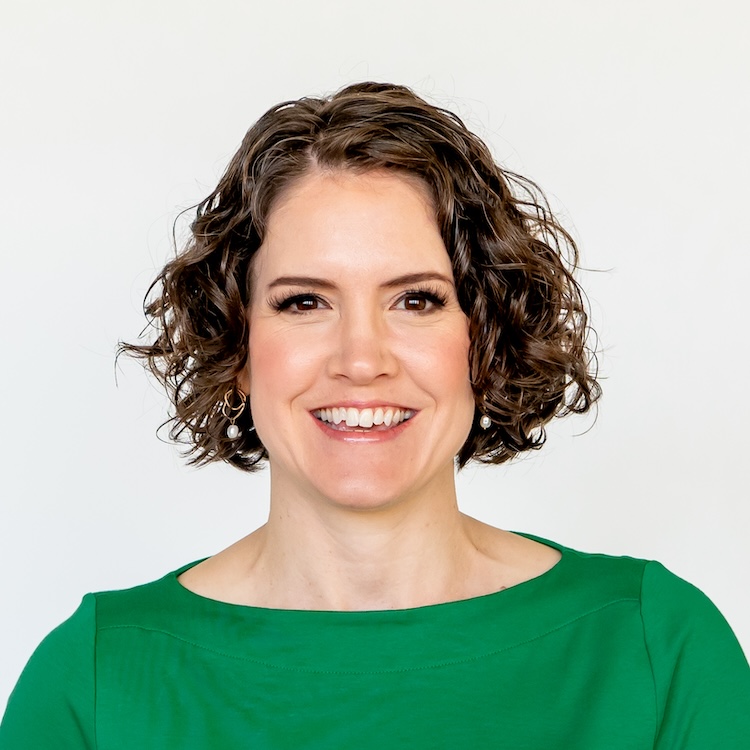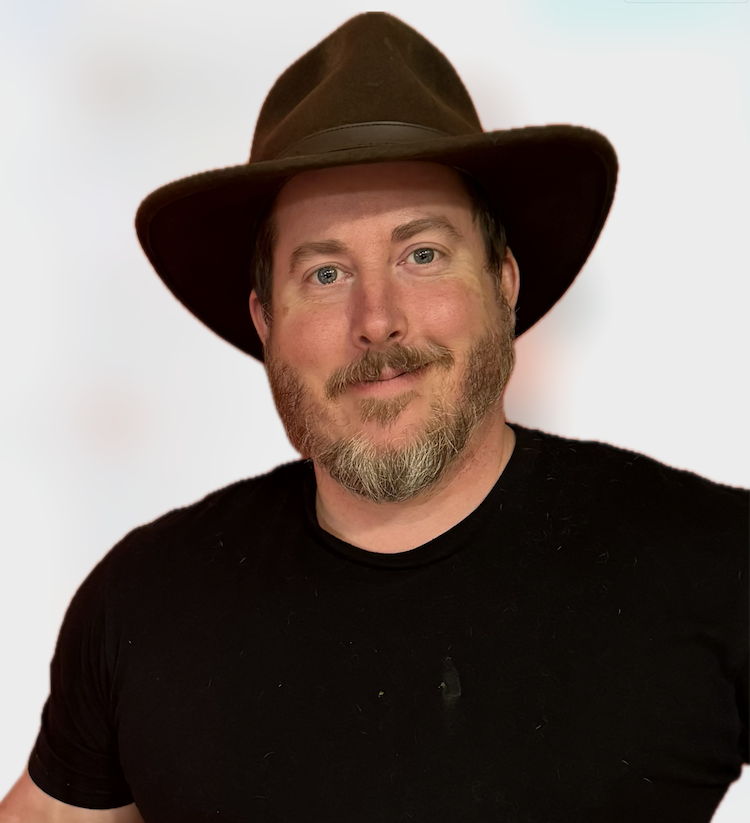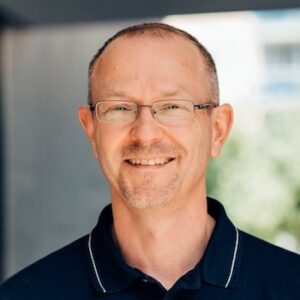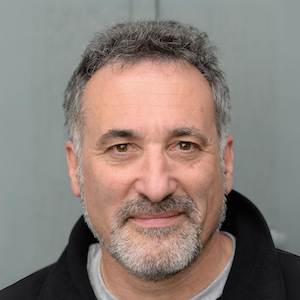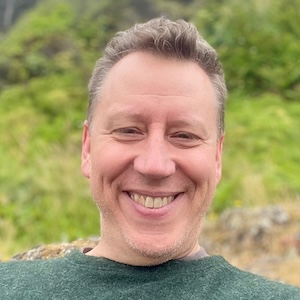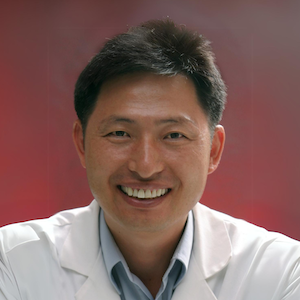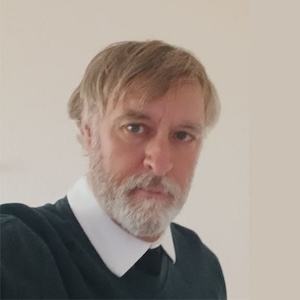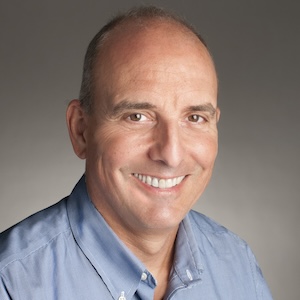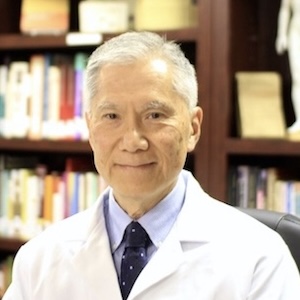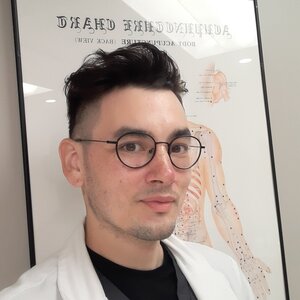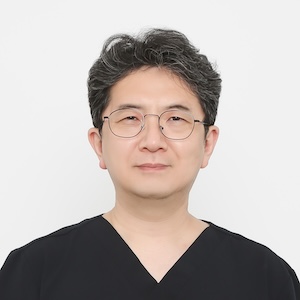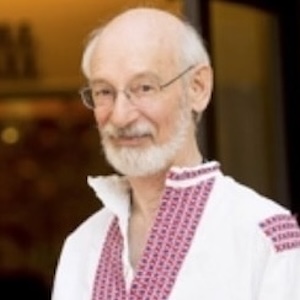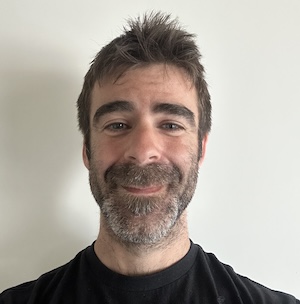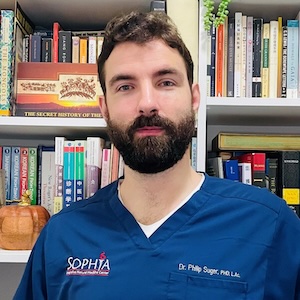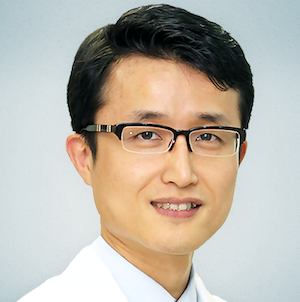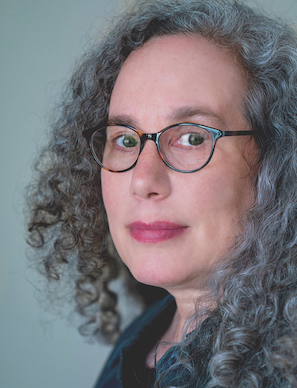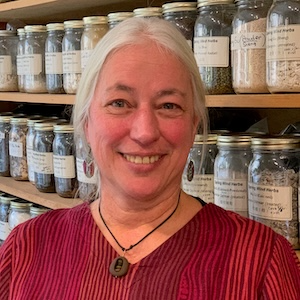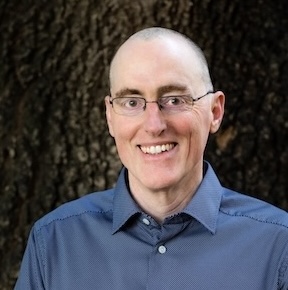Medicine is an unending study. A process of learning, sifting what helps from what doesn’t, and recognizing that we often are students of the unknown.
In this conversation we explore healing, sacrifice, the importance of learning a tradition and finding a mentor.
In This Conversation We Discuss:
- What got Lonny started with Chinese medicine
- Influence of Yi Jing and Carl Jung
- Early experiences in Chinatown
- Studies in neurobiology
- Graduate school and Chinese medicine did not mix
- The lucky break that helped to get Lonny’s practice going
- Intake and questions
- Experience with Leon Hammer
- How to not talk about Qi
- What people need to start or stop doing
- An example of working with a patient’s sense of self-victimization
- Learning from mistakes
- Importance of finding a mentor
- Use what works, drop what doesn’t
- Dealing with the liminal space of not knowing
Qi Bo: “The utmost [principle] in treatment lies with the oneness.”
[Huang] Di: “What is that to say, the ‘oneness’?”
Qi Bo: “There is oneness, and therefore one gets it.”
[Huang] Di: “How?”
Qi Bo: “Close the door and shut the windows,
tie yourself to the patient,
repeatedly inquire about [his] feelings,
adapt [your treatment] to his sentiments.
If one gets a hold of the spirit, the [patient] will prosper;
if the spirit is lost,
[the patient] perishes.”
[Huang] Di: “Good!”-NJSW 13
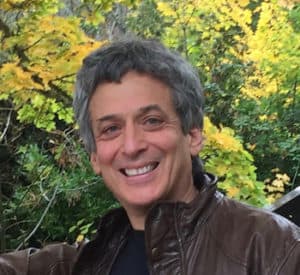 Lonny Jarret, L.Ac
Lonny Jarret, L.Ac
I wrote my college entrance essay in 1975 on differences between the Eastern and Western world views discussing acupuncture as a symbol of the those differences. When I took my first course in Chinese medicine in 1980, I instantly recognized that I had to pursue it as a career to become a whole human being. After 34 years of Clinical practice I remain passionate about the path of medicine. I find it to be humbling, engaging, and calling me ever deeper into inquiry and wholeness. I contemplate daily what the Bodhisattva vow means when it implores us to “become both the physician and the medicine.”
Links and Resources

